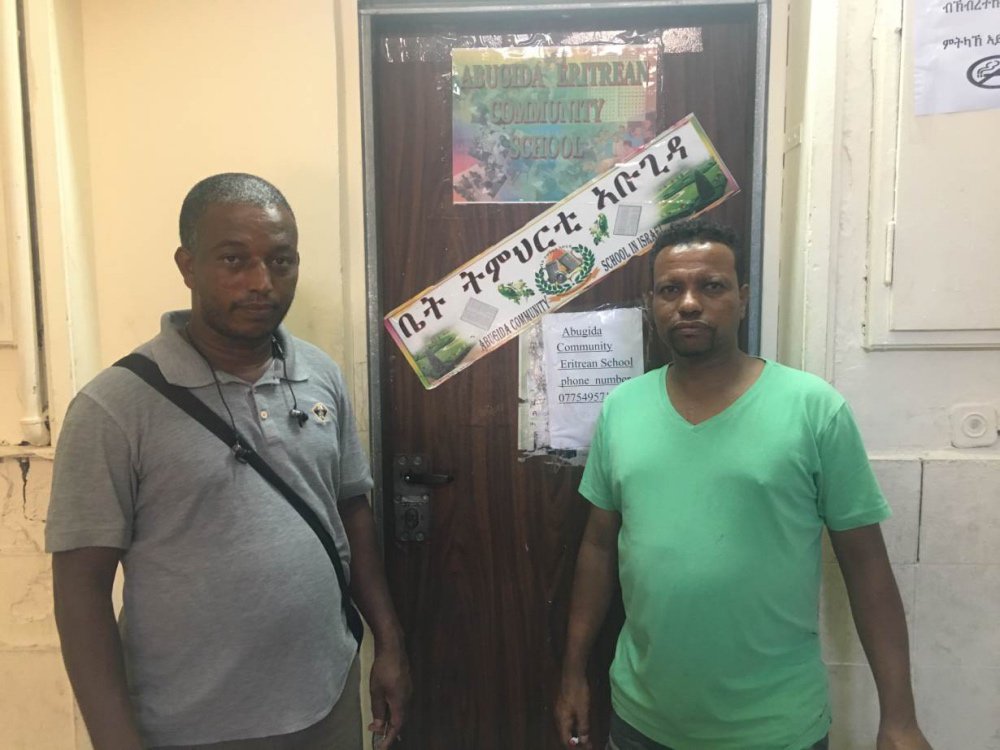In the concrete bowels of a vast bus station in the Israeli city of Tel Aviv, a group of children gathers in the evening to play and dance to songs blaring from a CD player.
Their parents are African migrants who work until late, struggling to earn enough to put food on the table.
While their children have access to state education in Israel, they face hardships, support workers said.
“Everyone in their proximity is in dire stress, and there’s no money for basic necessities,” said Yonit Naftali, vice-president of Elifelet, an Israeli charity that supports children born to African migrants.
Over a decade from the mid-2000s, about 64,000 Africans – mainly from conflict-torn Sudan and Eritrea – arrived in Israel across the then-porous border with Egypt’s Sinai, which was fenced off several years ago.
Many experienced torture, were enslaved or imprisoned for ransom at the hands of Bedouin smugglers in the Sinai desert.
“There are actually hungry children, which I never believed I would see in Israel to such an extent.”
– Yonit Naftali, vice-president of Elifelet.
Today some 36,000 remain in Israel, with 6,000 more children, according to government data.
For many, life has got tougher since a 2017 law directed employers to deduct 20 per cent from the wages of workers with temporary visas who entered Israel illegally from Egypt.
As an incentive for them to go elsewhere, the money is deposited in a fund, together with an employer-paid tax of 16 per cent, which workers can only access when they leave Israel.
The new system is crippling for migrant families, said Naftali. “The children were the first to get hurt,” she said.
Parents must now work more – some clocking up 15 hours a day – while earning less, leaving them unable to take care of their children properly, she added.
Read the article by Inna Lazareva in Sight Magazine.

